Topic of the Month (May 2024)
Each month a relevant topic and several sub-topics are covered in detail. For the Topic of the Month, content following a common thread is developed by BUILD UP Editorial Board in collaboration with the Board of Ambassadors and other relevant experts in the field. This includes producing articles, case studies, webinars and more, all in line with the specific topic selected. Relevant events are also identified and highlighted.
Topics of the Month are announced at the end of the previous month in our website and newsletter. Please write us if you wish to know more about our upcoming topics of the month.
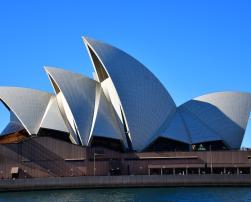
Retrofitting and modular rental buildings are sustainable solutions that reduce carbon emissions, waste, and construction costs, and require government support to accelerate decarbonisation in the built environment.

WUUD is a Helsinki-based company innovating eco-friendly, patterned wood cladding that combines sustainability with artistic design for modern architecture.
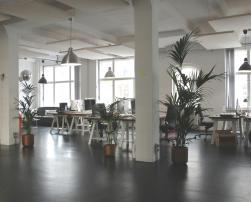
Modular office design offers a sustainable, cost-effective solution for rapidly growing infrastructure, providing flexible, adaptable workspaces that meet evolving business and employee needs.

The mass timber industry is growing rapidly around the world driven by its sustainability, cost-efficiency, and regional economic benefits, with localised ecosystems emerging globally to support its adoption.
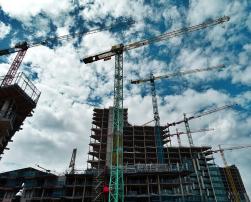
The built environment, responsible for 40% of global carbon emissions, can decarbonise through greener materials, efficient designs, sustainable practices, and circular construction, driven by innovation, collaboration, and updated regulations.
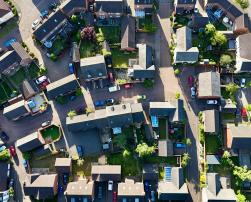
The ARV project’s Blueprint is a collaborative, evolving guide for developing sustainable Climate-Positive Circular Communities. It integrates insights and tools to support stakeholders in planning, building, and operating these communities.
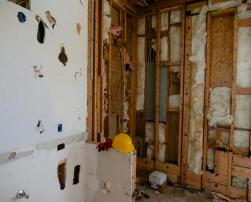
Retrofitting traditional buildings requires addressing thermal bridging to improve energy efficiency, prevent moisture issues, and meet modern regulatory standards while preserving architectural integrity.

The European Environmental Bureau (EEB) explores sufficiency as a holistic solution to address the urgent challenges of affordable housing and the building sector’s environmental impact.
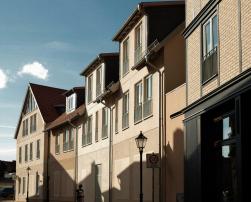
Europe's construction sector, through the Construction 2050 Alliance, urges support from President von der Leyen for advancing competitiveness, affordable housing, and sustainability initiatives.
A joint initiative by the European Commission and the European Economic and Social Committee, the European Circular Economy Stakeholder Platform brings together stakeholders active in the broad field of the circular economy in Europe.
